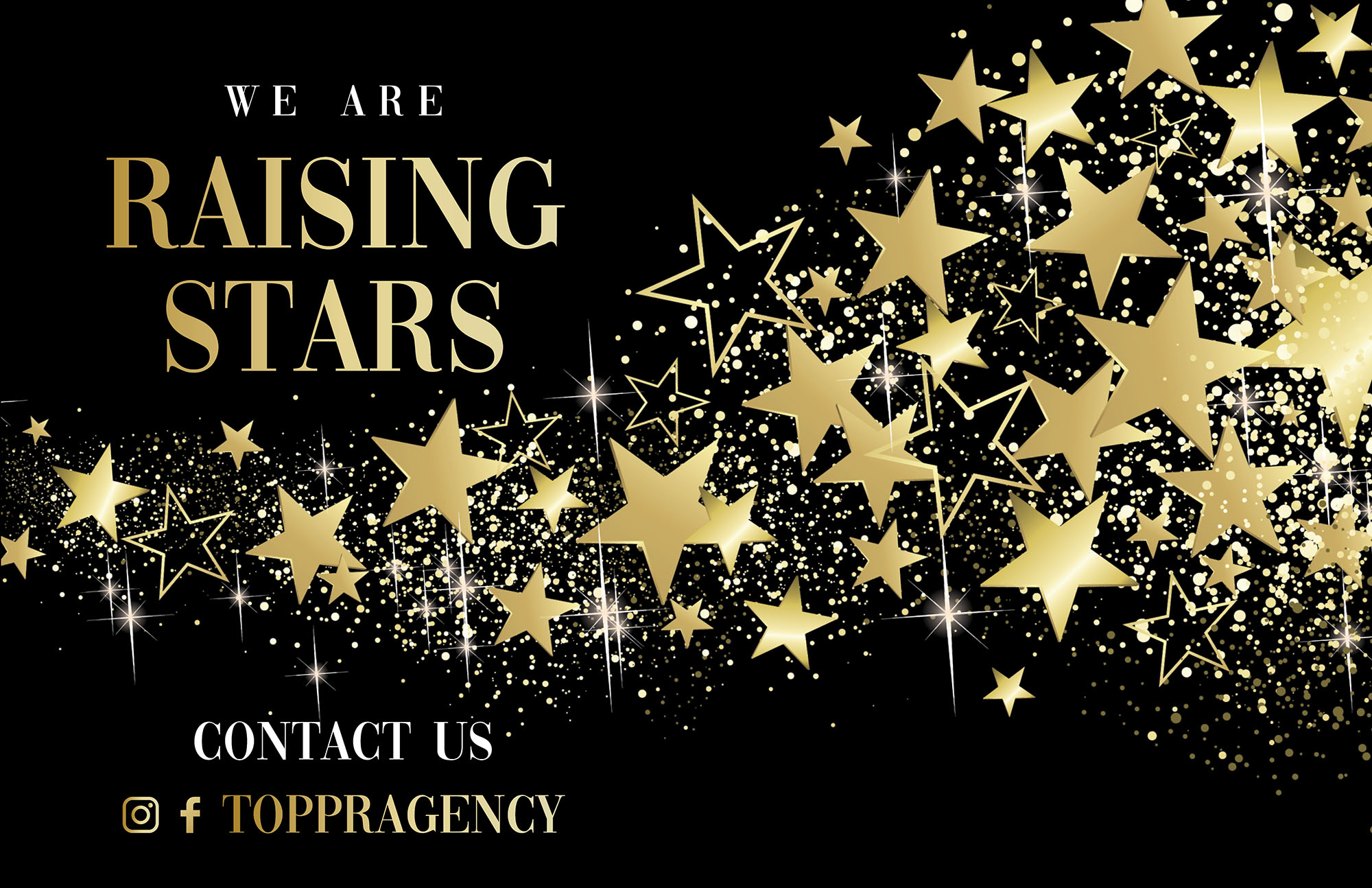
At the 2025 Milken Institute Global Conference, held in Los Angeles from May 4–7, 2025, Institute Chairman Michael Milken delivered a sweeping keynote titled “A Beacon to the World: Advancing the American Dream.” Blending personal narrative with ambitious policy initiatives, Milken offered a bold blueprint for reimagining economic mobility, public health, and education—both in the United States and globally.
Now in its 28th year, the Milken Global Conference has become one of the world’s most influential gatherings of leaders from finance, government, health, technology, philanthropy, and academia. Launched in 1998, the event draws more than 4,000 participants annually from over 60 countries, including CEOs, central bankers, heads of state, scientists, entrepreneurs, and nonprofit leaders.
The conference is designed to catalyze cross-sector collaboration and tackle the world’s most pressing challenges—from inclusive economic growth to cutting-edge health innovation and capital market reform. Its core mission: to unlock capital and ideas that improve lives globally.

From Personal Crisis to Global Action
Milken’s life-changing brush with cancer, as both a family member and patient, became a launching pad for systemic change. After losing loved ones to the disease in the 1970s and facing his own terminal diagnosis in 1993, he founded CapCure—now part of FasterCures—an organization that has since driven funding and coordination across diseases. One of his most impactful efforts was organizing the 1998 March to End Cancer, which helped double the NIH budget—a landmark bipartisan success that demonstrated the power of unifying disparate disease-specific advocates under a single banner.

Accelerating Human Potential
Emphasizing the importance of “running room” in solving hard problems, Milken reinforced a decades-long belief: human capital is the world’s most valuable asset. His 2017 remarks about AI disrupting up to a billion jobs now frame ongoing work at the Institute. Programs like Partnering for Cures and the Melanoma Research Alliance, founded in 2007, have translated into real-world breakthroughs. For example, patients with advanced melanoma now have a 50% chance of full remission—an unimaginable statistic when Milken’s father died of the disease in 1979.

Education and Equity: Fixing What’s Broken
Milken’s commitment to education was born from a real-life oversight: when he moved to California in the 1970s, he realized he hadn’t fully considered the educational needs of his children amid court-ordered school bussing. That realization evolved into the Milken Family Foundation’s flagship education programs. The National Educator Awards, now awarded to over 3,000 teachers, surprise educators across the U.S. with recognition and funding—often in front of their students and communities.
Citing the 1983 report A Nation at Risk, Milken noted that the U.S. still trails many nations in K-12 performance. He stressed that empowering educators—especially in a country where the majority of children are now of Latin American, Asian, or African descent—is essential to preserving the American Dream.
Immigration, Innovation and America’s Changing Face
Milken emphasized that U.S. success is deeply tied to immigration. Today, 77% of those earning PhDs in AI in the U.S. were born abroad. Milken highlighted leaders like Jensen Huang, CEO of Nvidia and a Taiwanese immigrant, as evidence that America’s greatest companies are often built by global talent. The Milken Scholars Program, now 600 strong, supports high-achieving students from immigrant and underrepresented backgrounds—many now in leadership roles.

Global Growth: Africa and the Next Billion
Looking beyond U.S. borders, Milken spotlighted Africa’s soaring demographics. Nigeria alone is projected to rival China in population by century’s end. This potential led to the creation of the Milken-Motsepe Innovation Prizes, launched with South Africa’s Patrice and Precious Motsepe, to crowdsource solutions in AgTech, clean energy, and now AI-driven manufacturing. Thousands of organizations have competed for these prizes, focused not just on invention, but on scalable impact.
To match this innovation with real financing, the Milken Institute partnered with the IFC and World Bank to train a new class of financial professionals in emerging economies. The IFC Scholars Program, now with over 300 participants, is building a network of local experts who can serve as trusted counterparts for international investors—29 of them from Nigeria alone.
The Economic Mobility Alliance: A New Coalition for Opportunity
Milken unveiled the Economic Mobility Alliance, an ambitious coalition modeled after health care’s “Partnering for Cures.” It will unify existing Milken initiatives—like Inclusive Capitalism, Pathways to Capital, Veterans Community Initiative, and 10,000 Communities—with external leaders such as John Hope Bryant (Operation Hope) and Ownership Works, supported by firms like KKR, TPG, and Leonard Green.
One key initiative is Invest America, which proposes a $1,000 savings account for every child born in the U.S.—compounding tax-free, with no management fees. Backed by corporate partners and a Giving Pledge donor committing up to $4 billion, this plan aims to give every child a tangible stake in their future.
Milken also referenced the Community Ownership Society (COS) led by Alex von Fürstenberg, which draws inspiration from Australia’s superannuation system to expand retirement security and ownership across U.S. workers.
Telling the Story of the Dream
To personalize these ideals, Milken previewed the American Dream Project, a video archive of 10,000 people sharing their stories. So far, 3,000 voices have been recorded—immigrants, entrepreneurs, cancer survivors, educators, and public servants—each exemplifying the four pillars Milken outlined: Capital Access, Entrepreneurship, Education, and Public Health.
From a Vietnamese refugee who met his future wife escaping by fishing boat, to a former migrant worker’s granddaughter who became a U.S. Cabinet Secretary, these stories underscore the enduring power of the dream.
Ligting the Way: The Center for Advancing the American Dream
After 14 years of planning, Milken announced the 2025 opening of the Center for Advancing the American Dream in Washington, D.C. Its design includes a skylight that hasn’t seen daylight since World War II—covered after Pearl Harbor to protect the city. On July 4, 2025, the light will shine again as a symbol of renewal, possibility, and freedom.
He closed with a moving paraphrase of President Reagan’s farewell speech, praising immigrants for reminding America of its core values—not just economic ones, but those of freedom, persistence, and equal opportunity.
“We hope this new center will be a shining light on the world,” Milken said, “that the ideals of the American Dream will be alive and well, not just in America, but around the world.”











Copyright © 2026 VANITY VIP Magazine. All rights reserved